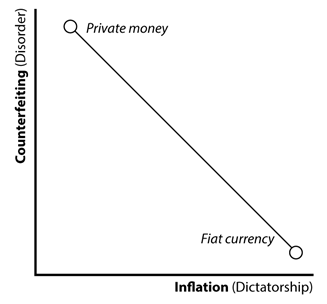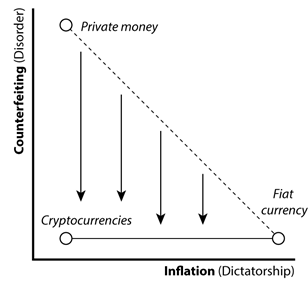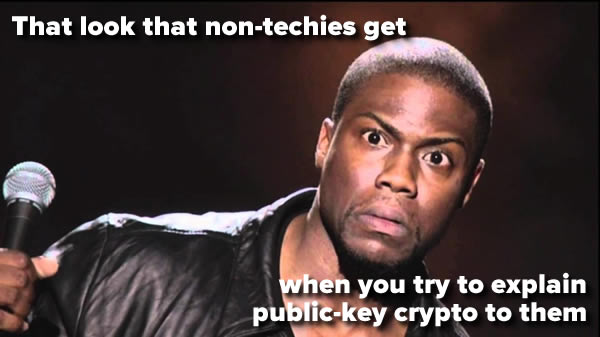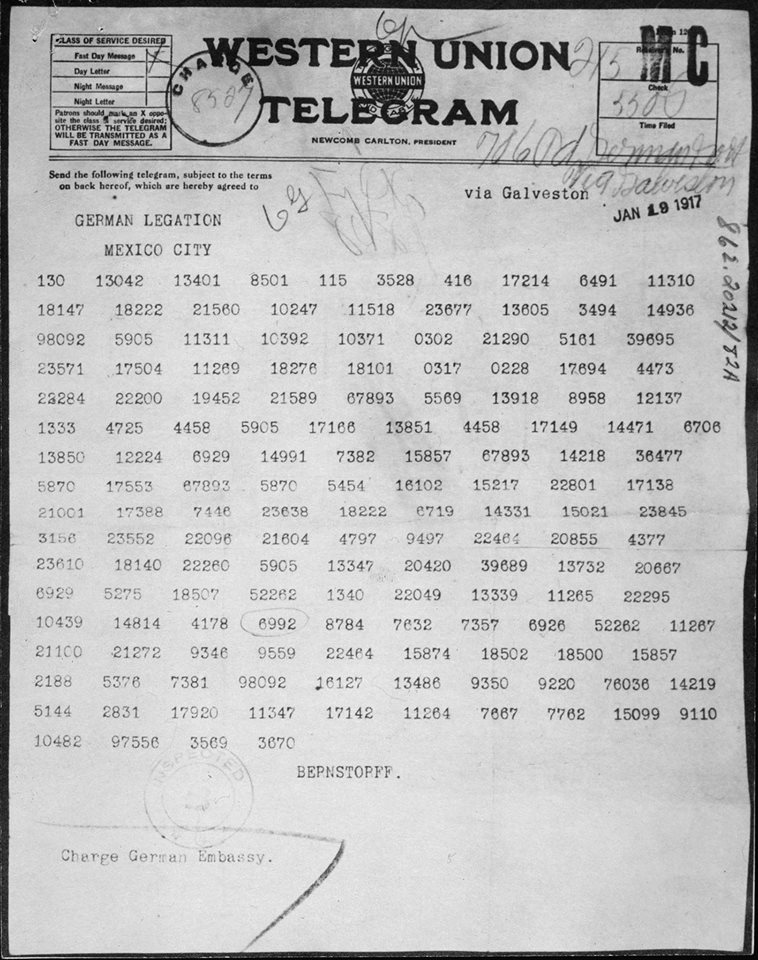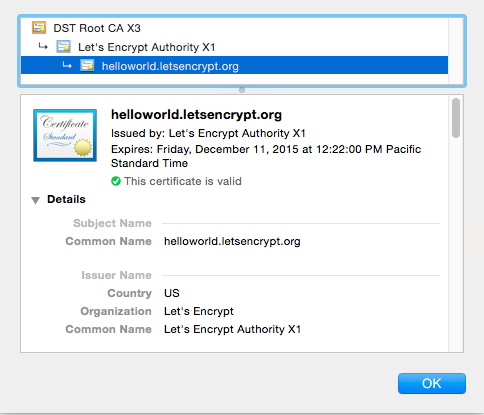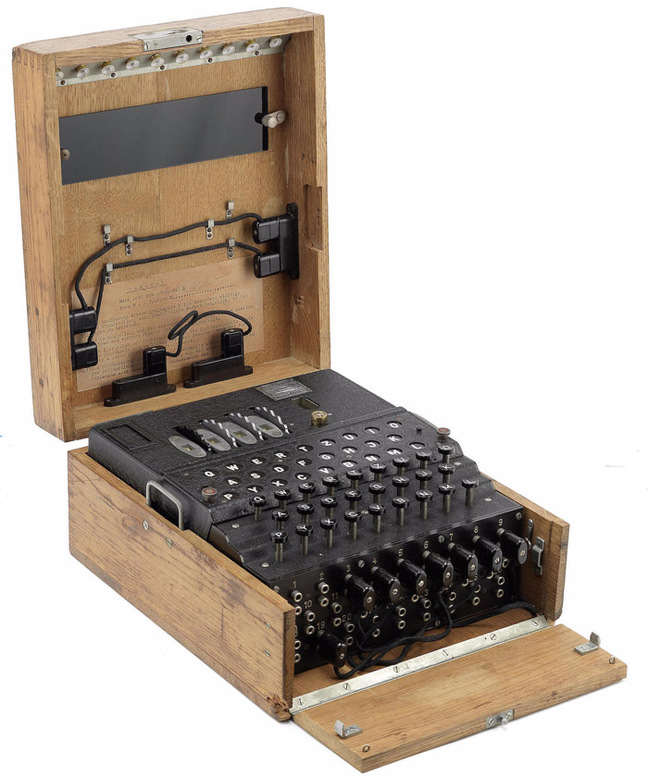Scott Shackford reports on the latest bit of oddness from the southern hemisphere:
Pretty much every single person in the tech industry, human rights circles, and academia warned the Australian government that forcing online platforms to weaken encryption would lead to disastrous results. Nonetheless, lawmakers are pushing forward — and it’s not just Australians who will suffer as a result.
Last night, Australia’s parliament rushed through the Assistance and Access Bill of 2018 right as their session was coming to a close. The bill gives various government agencies the authority to demand that tech and communication platforms provide them secret bypass routes around encrypted messages.
This is what is known as an encryption “backdoor,” and it’s a bad idea. Governments insist such tools are needed to fight crime and terrorism. The problem is that an encryption backdoor doesn’t care who uses it: If there’s a mechanism to bypass privacy security on a communication system, it can be exploited by anybody who knows how. That includes hackers, thieves, officials from authoritarian governments, and all sorts of dangerous people (including, of course, the very government people who insist they’re trying to protect us). That’s why tech companies have spent years fighting against the idea.
Weak encryption is a threat to the health of any tech platform that involves transferring data, and governments know that. So they insist they’re not demanding encryption backdoors while attempting to enact policies that pretty much demand them.
The Assistance and Access Bill won’t just grant the Australian government the power to demand that everybody from Facebook to Whatsapp help them bypass security to access private communications. The bill will let officials order companies, through “technical capability notices,” to alter their programming to facilitate snooping. And it gives the government the authority to force the tech employees who implement the changes to keep them secret. Break that secrecy, and the employees can face up to five years in jail.

